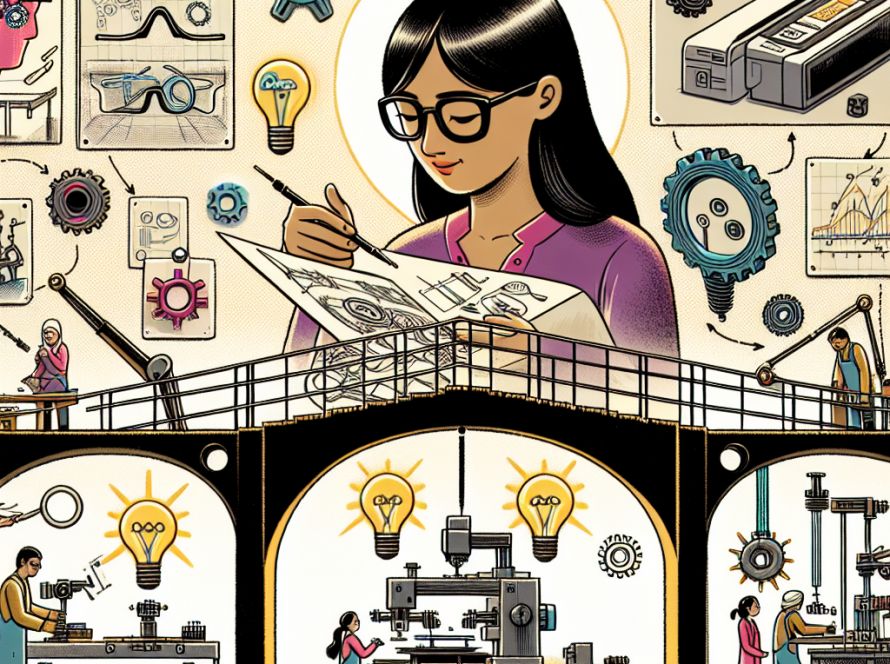The significant impact of transformers on sequence modeling tasks in varying disciplines is significant, with their influence even extending to non-sequential domains like image classification. The increasing dominance of transformers is attributed to their inherent ability to process and attend to sets of tokens as context and adapt accordingly. This capacity has additionally enabled the progression of new learning modalities such as few-shot in-context learning, where transformers can learn from minimal examples. Despite their demonstrated potential, their aptitude for continuous online learning remains largely untapped.
In the field of online continual learning, transformers present an unexplored but promising avenue. This framework requires models to adapt dynamically to non-stationary data streams while reducing cumulative prediction loss. The research in question concentrates on supervised online continual learning, where a model learns from a continuous series of samples and modifies predictions over time. The unique capacities of transformers in in-context learning, combined with their link to meta-learning, have been capitalized upon to develop a pioneering approach. Using this method, transformers can both be explicitly conditioned based on recent observations and trained online with stochastic gradient descent – a unique and innovative strategy echoing the Transformer-XL.
A notable feature of this approach is the incorporation of replay that helps maintain the benefits of multi-epoch training while conforming to the sequential characteristic of data streams. The method combines in-context learning and parametric learning hypothesizing that this enables fast adaptation and long-term sustained improvement. The interactivity between these mechanisms sought to enhance the model’s ability to learn from new data while maintaining previously learned knowledge. Empirical results confirmed these assumptions, showcasing substantial improvements over earlier state-of-the-art outcomes on real-world benchmarks.
The advancement and implications of these technologies extend beyond image geo-localization and can shape the future of online continual learning across various sectors. By harnessing the capabilities of transformers in this setting, researchers can expand current competence limits, cultivating new prospects for adaptive, lifelong learning systems. The role of transformers in facilitating online continual learning in multiple scenarios could become increasingly dominant, marking a new phase in AI research application and underlining the need for more efficient, adaptable AI systems.
Addressing future improvements, researchers acknowledged the necessity to fine-tune hyperparameters like learning rates, which could be time-consuming and require sizable resources. Strategies for easing this task could include implementing learning rate schedules and using sophisticated pre-trained feature extractors for optimization. These aspects remain largely unexplored and present a potential solution to existing challenges.
Despite these challenges, the increased application of transformer-based machine learning strategies could mark the commencement of a new epoch in AI development, with potential implications across numerous fields and industries. This groundbreaking research is the first step in fully exploiting the transformer’s capabilities to enhance online continual learning applications.


